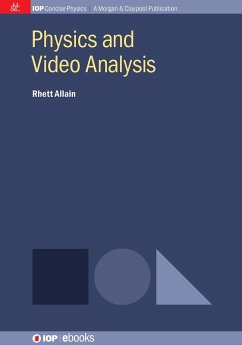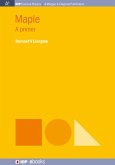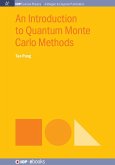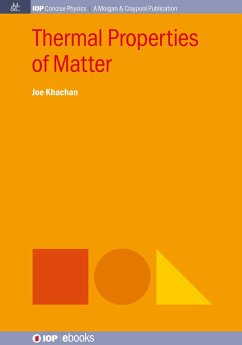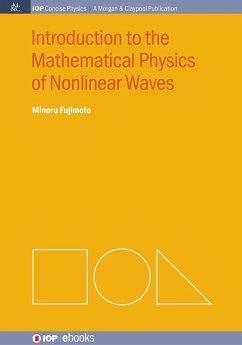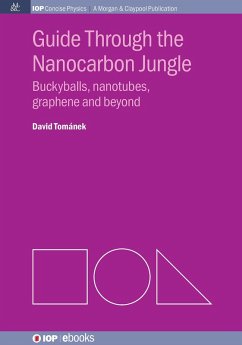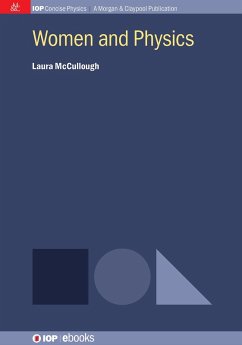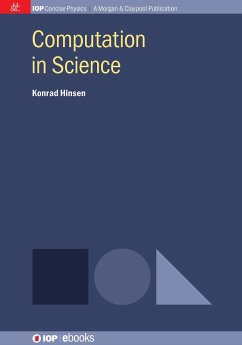We currently live in a world filled with videos. There are videos on YouTube, feature movies and even videos recorded with our own cameras and smartphones. These videos present an excellent opportunity to not only explore physical concepts, but also inspire others to investigate physics ideas.
With video analysis, we can explore the fantasy world in science-fiction films. We can also look at online videos to determine if they are genuine or fake. Video analysis can be used in the introductory physics lab and it can even be used to explore the make-believe physics embedded in video games.
This book covers the basic ideas behind video analysis along with the fundamental physics principles used in video analysis. The book also includes several examples of the unique situations in which video analysis can be used.
With video analysis, we can explore the fantasy world in science-fiction films. We can also look at online videos to determine if they are genuine or fake. Video analysis can be used in the introductory physics lab and it can even be used to explore the make-believe physics embedded in video games.
This book covers the basic ideas behind video analysis along with the fundamental physics principles used in video analysis. The book also includes several examples of the unique situations in which video analysis can be used.
Dieser Download kann aus rechtlichen Gründen nur mit Rechnungsadresse in A, D ausgeliefert werden.

